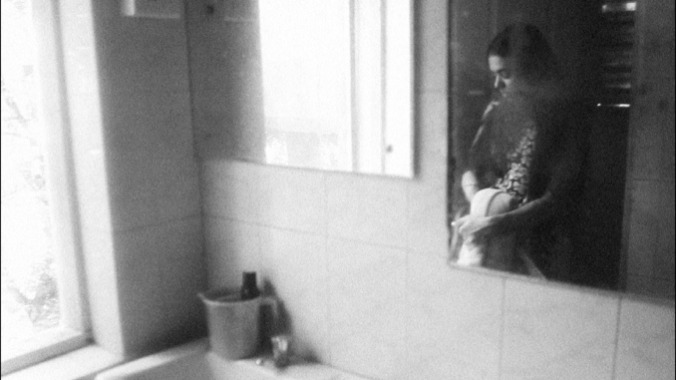Payal Kapadia Captured Student Protests with Uncommon Honesty in A Night of Knowing Nothing

This month, Payal Kapadia will make history with her sophomore feature All We Imagine as Light, becoming the first Indian filmmaker to enter the Official Selection in Cannes in 30 years. Kapadia is also one of only four women directors selected for the main lineup this year. Her new film follows two Mumbai nurses navigating their romantic relationships: Prabha’s monotonous life is upended when she receives an unexpected gift from her estranged husband, and her younger roommate Anu searches for a place in the city where she can be alone with her lover.
The last time an Indian filmmaker was selected to compete for the Palme d’Or was in 1994, with Shaji N. Kahun’s Swaham, also known as My Own, a non-chronological drama following a grieving widow in the wake of her loss. The film was largely poorly received by critics at the time, who found themselves impatient with the more leisurely pacing, calling it “overlong and repetitive.” Of course, a long runtime is not a valid reason to shun an entire country of filmmakers for three decades; if it were, there would be no festival at all.
It is on this historic occasion that I would like to highlight Kapadia’s debut feature, A Night of Knowing Nothing, as one of the major films for our current political moment—especially as we pass the six month mark of mass student protests against the genocide in Gaza. A Night of Knowing Nothing played in the Cannes Directors Fortnight section in 2021, and went on to win the Golden Eye, the festival’s documentary prize. The film is a work of creative docufiction narrated by L, a fictional student at the Film and Television Institute of India (FTII), as she writes melancholic letters to a former lover, who previously dumped her due to caste hostility from his family. L continues writing letters to him, even after his replies cease.
At the same time, we witness FTII student protests against Prime Minister Narendra Modi’s appointment of right-wing B-list actor Gajendra Chauhan as the chairman of their university, which the students saw as a move to make their curriculums and their campus more conservative. They also saw Chauhan’s appointment at FTII as a symptom of the larger problem, where many arenas of public life were growing more conservative. The students were correct in their assumptions; many were arrested, had their stipends cut and found that entry fees were scaled up. Many students at FTII are still fighting for their freedom for personal expression today, as many students across the world engage in protest in support of the Palestinian people.
-

-

-

-

-

-

-

-

-

-

-

-

-

-

-

-

-

-

-

-

-

-

-

-

-

-

-

-

-

-

-

-

-

-

-

-

-

-

-

-








































